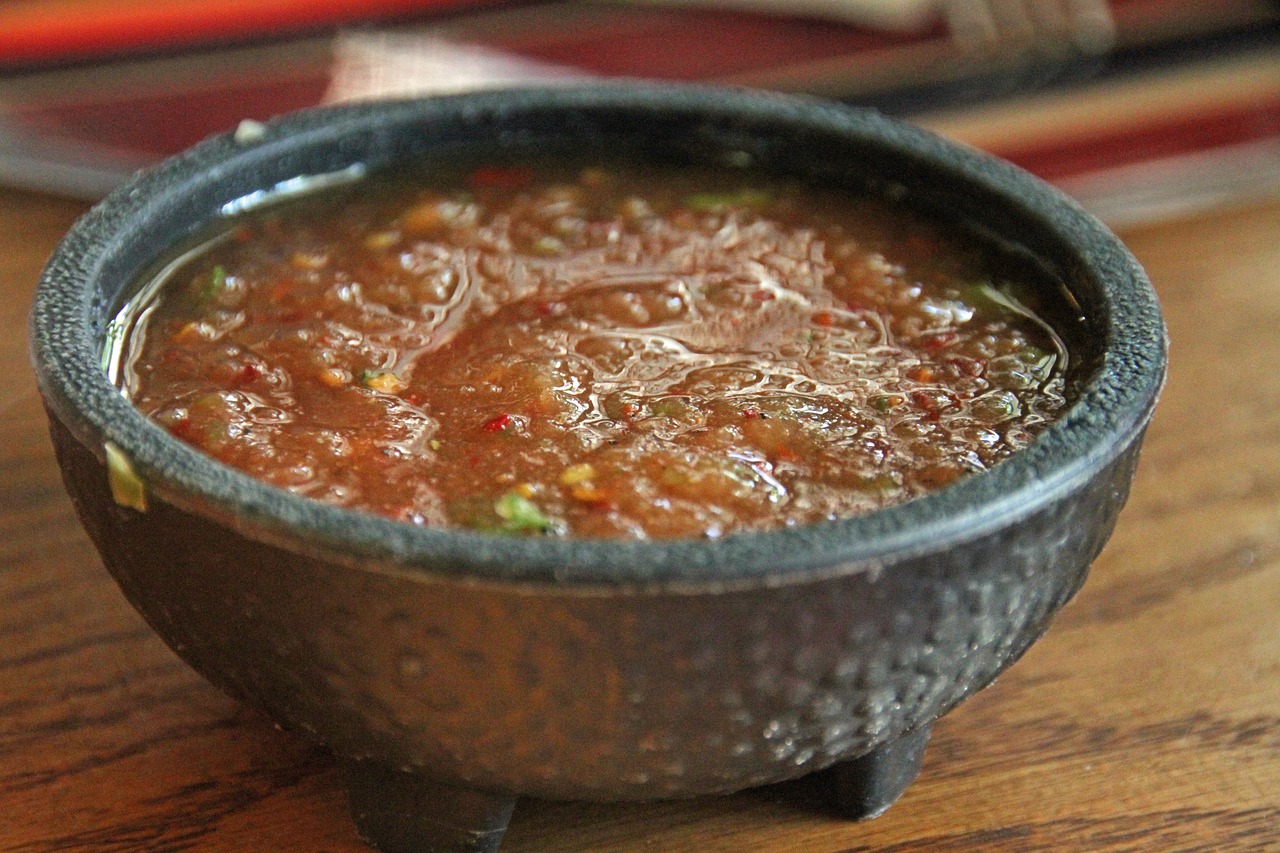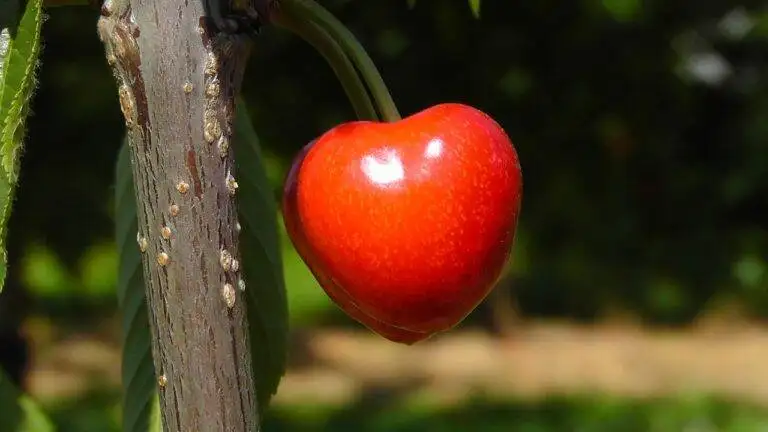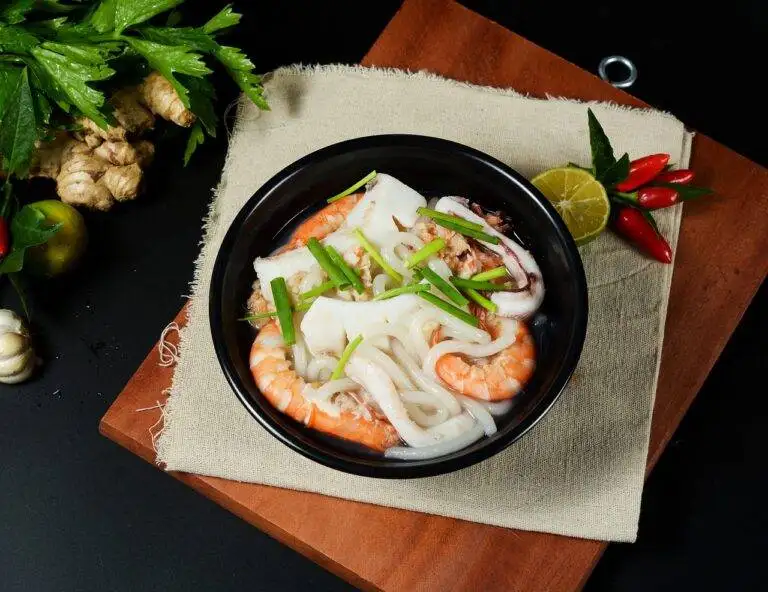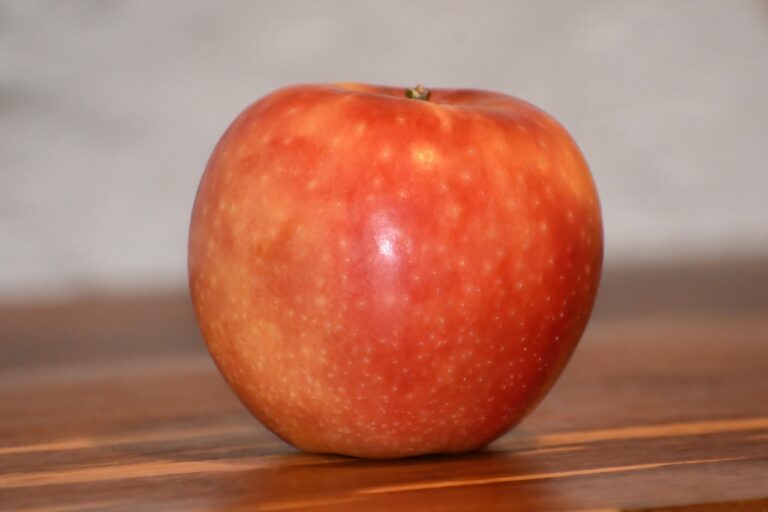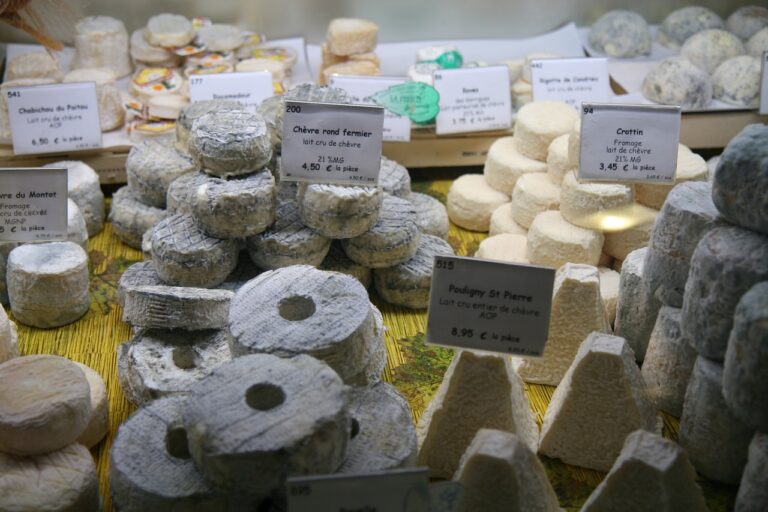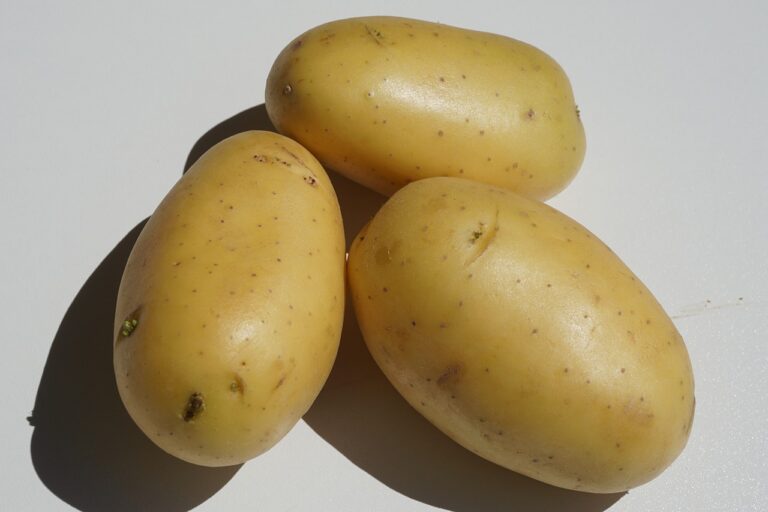The Role of Bees in Food Culture Preservation: Golden exchange, Cricbet99, King567
golden exchange, cricbet99, king567: Bees play a crucial role in food culture preservation, yet their significance often goes underappreciated. These tiny creatures are not only responsible for pollinating a vast majority of our crops but also contribute to the preservation of traditional food cultures around the world. In this article, we will explore the various ways in which bees influence our food culture and the importance of preserving their populations for future generations.
The Importance of Bees in Food Culture Preservation
Pollination
One of the most well-known roles of bees in food production is pollination. Bees are essential pollinators for a wide variety of crops, including fruits, vegetables, nuts, and seeds. Without bees, many of these crops would not be able to produce the fruits and seeds that we rely on for food. In fact, it is estimated that bees are responsible for pollinating around one-third of the food we eat.
Pollination is crucial for preserving food cultures because it ensures the continued abundance and diversity of foods that are essential to different cuisines around the world. Without bees, many traditional dishes and culinary practices would be at risk of disappearing as the crops they rely on would struggle to reproduce.
Honey Production
Another important aspect of bees in food culture preservation is their role in honey production. Honey has been an important food source for humans for thousands of years and is used in a wide variety of cuisines around the world. Bees play a vital role in the production of honey by collecting nectar from flowers and converting it into this sweet and nutritious food source.
Honey is not only a delicious addition to many dishes and beverages but also has numerous health benefits. It is rich in antioxidants, vitamins, and minerals, making it a popular ingredient in traditional remedies and natural medicines. By preserving bee populations and supporting local honey producers, we can ensure the continued availability of this valuable food source for future generations.
Biodiversity
Bees also play a crucial role in preserving biodiversity in our food systems. By pollinating a wide range of crops, bees help to maintain the genetic diversity of plant species and ensure the resilience of our food supply. This biodiversity is essential for food culture preservation as it allows for the adaptation of crops to changing environmental conditions and helps to safeguard against crop failures and food shortages.
In addition to pollinating crops, bees also play a key role in supporting wild plant species, many of which are used in traditional food cultures. By promoting the growth and reproduction of wild plants, bees contribute to the preservation of unique flavors, textures, and nutritional profiles that are important in traditional cuisines.
Sustainable Agriculture
Bees are also important allies in promoting sustainable agriculture practices that support food culture preservation. By encouraging the use of organic farming methods and reducing reliance on chemical pesticides and fertilizers, bees help to create healthier and more resilient food systems. Sustainable agriculture practices that prioritize bee-friendly habitats and practices not only benefit bee populations but also help to preserve traditional food cultures that rely on diverse and resilient ecosystems.
The Role of Bees in Food Culture Preservation
Promoting Local Food Systems
One of the key ways in which bees contribute to food culture preservation is by supporting local food systems. Bees play a crucial role in pollinating local crops and wild plants, helping to maintain the unique flavors and qualities of regional cuisines. By supporting local bee populations and local food producers, we can help to preserve the diversity and richness of food cultures around the world.
Many traditional foods and recipes are intricately linked to specific regions and climates, and bees play a vital role in ensuring the availability of the ingredients needed to create these dishes. By promoting local food systems and supporting bee-friendly practices, we can help to preserve the authenticity and cultural significance of traditional foods for future generations.
Education and Awareness
Another important aspect of the role of bees in food culture preservation is education and awareness. By raising awareness about the importance of bees in our food systems and the threats they face, we can encourage individuals and communities to take action to protect bee populations and support sustainable food practices.
Educating people about the role of bees in food culture preservation can help to promote pollinator-friendly gardening practices, reduce the use of harmful chemicals in agriculture, and support local beekeeping initiatives. By fostering a greater understanding of the importance of bees in our food systems, we can empower individuals to make informed choices that benefit both bees and traditional food cultures.
Preserving Traditional Food Knowledge
Bees also play a critical role in preserving traditional food knowledge and practices that are passed down through generations. Many traditional cuisines rely on the use of wild plants and heirloom crops that are pollinated by bees. By supporting bee populations and promoting biodiversity, we can help to ensure the continued availability of these unique ingredients that are essential to traditional food cultures.
Traditional food knowledge encompasses a wide range of practices, from seed saving and crop rotation techniques to fermentation and preservation methods. Bees contribute to the preservation of this knowledge by maintaining the genetic diversity of plant species and supporting the growth of wild plants that are used in traditional dishes. By protecting bee populations, we can help to safeguard the richness and diversity of traditional food cultures for future generations.
The Future of Bees and Food Culture Preservation
Despite their importance, bees face numerous threats that jeopardize their populations and the vital role they play in food culture preservation. Habitat loss, pesticide use, climate change, and disease have all contributed to the decline of bee populations around the world. To ensure the continued preservation of our food cultures, it is essential that we take action to protect bees and promote sustainable practices that support their well-being.
There are many ways that individuals can help to support bees and promote food culture preservation in their communities. Planting bee-friendly gardens, supporting local beekeepers, purchasing organic and locally sourced foods, and advocating for policies that protect bee habitats are just a few examples of ways that we can make a positive impact on bee populations and food systems.
By working together to protect bees and preserve traditional food cultures, we can ensure a more sustainable and resilient food system for future generations. Bees are not only essential pollinators for our crops but also stewards of our food culture heritage. Let’s join forces to protect these remarkable creatures and the diverse culinary traditions they help to sustain.
FAQs
Q: Why are bees important for food culture preservation?
A: Bees play a crucial role in pollinating crops, supporting biodiversity, promoting sustainable agriculture practices, and preserving traditional food knowledgeall of which are essential for the preservation of food cultures around the world.
Q: What can individuals do to support bees and food culture preservation?
A: Individuals can support bees and food culture preservation by planting bee-friendly gardens, supporting local beekeepers, purchasing organic and locally sourced foods, and advocating for policies that protect bee habitats.
Q: How are bees connected to traditional food cultures?
A: Bees are connected to traditional food cultures through their role in pollinating crops and wild plants that are essential ingredients in traditional dishes. By supporting bee populations, we can help to preserve the authenticity and cultural significance of traditional foods.

